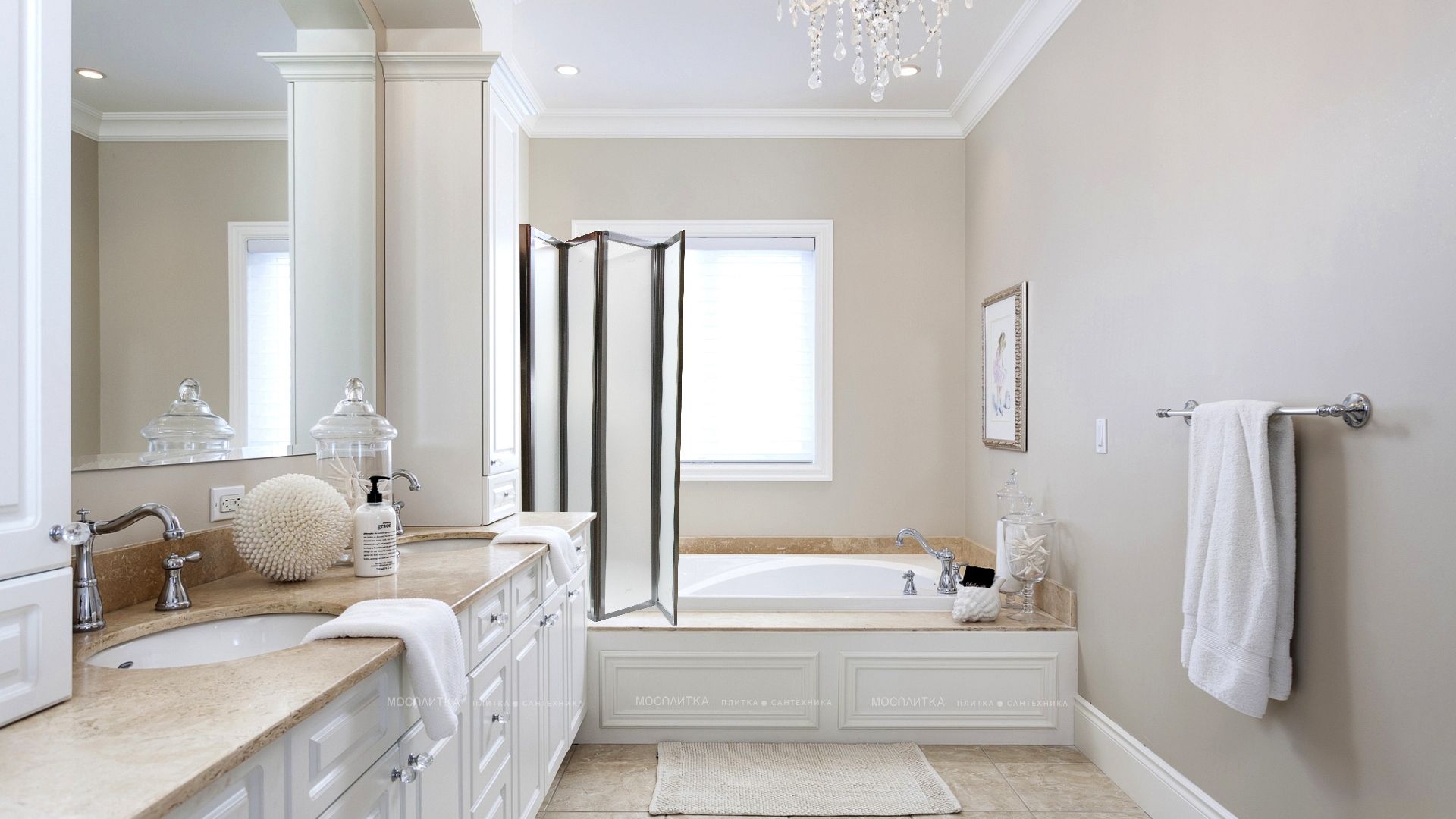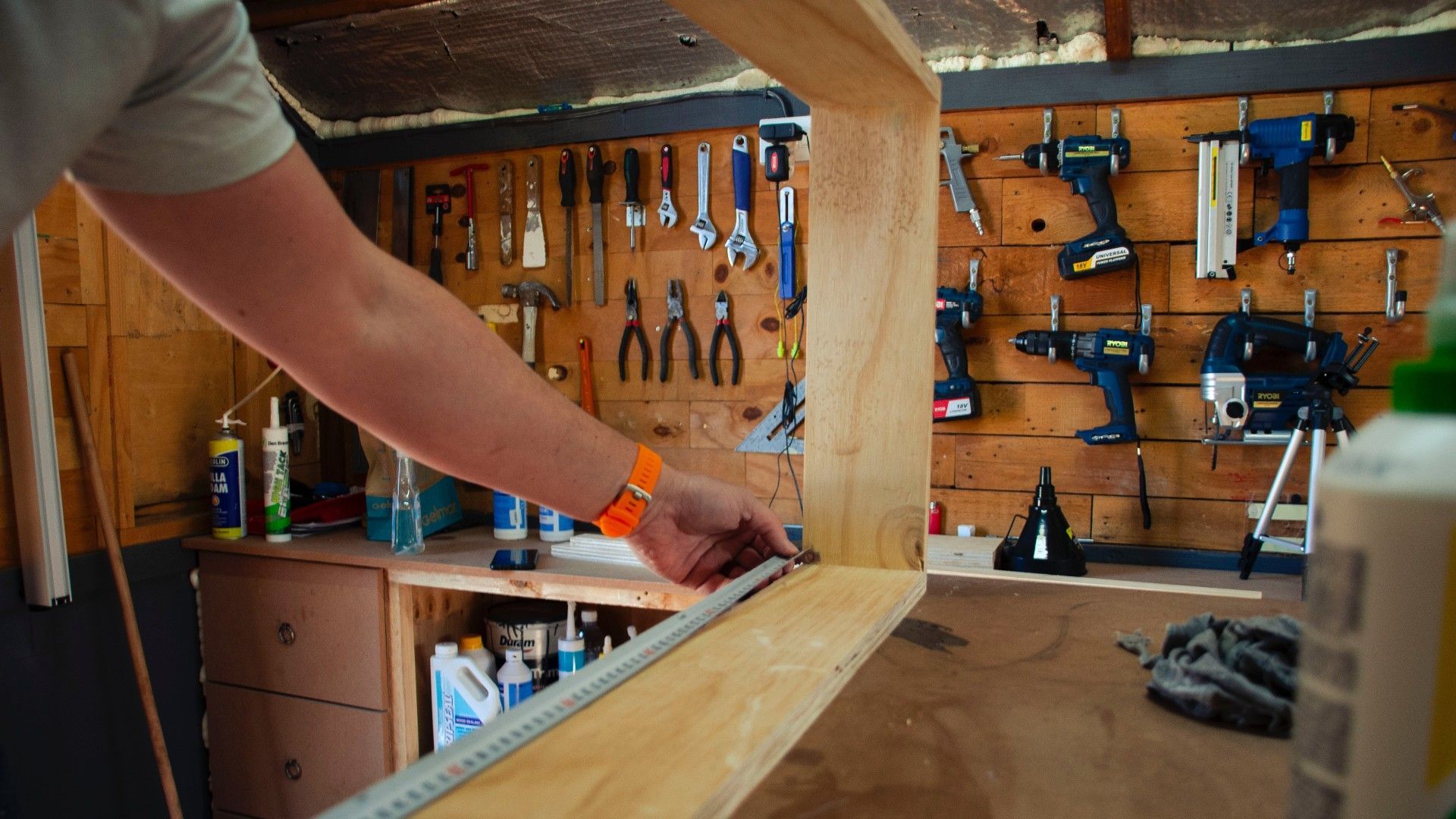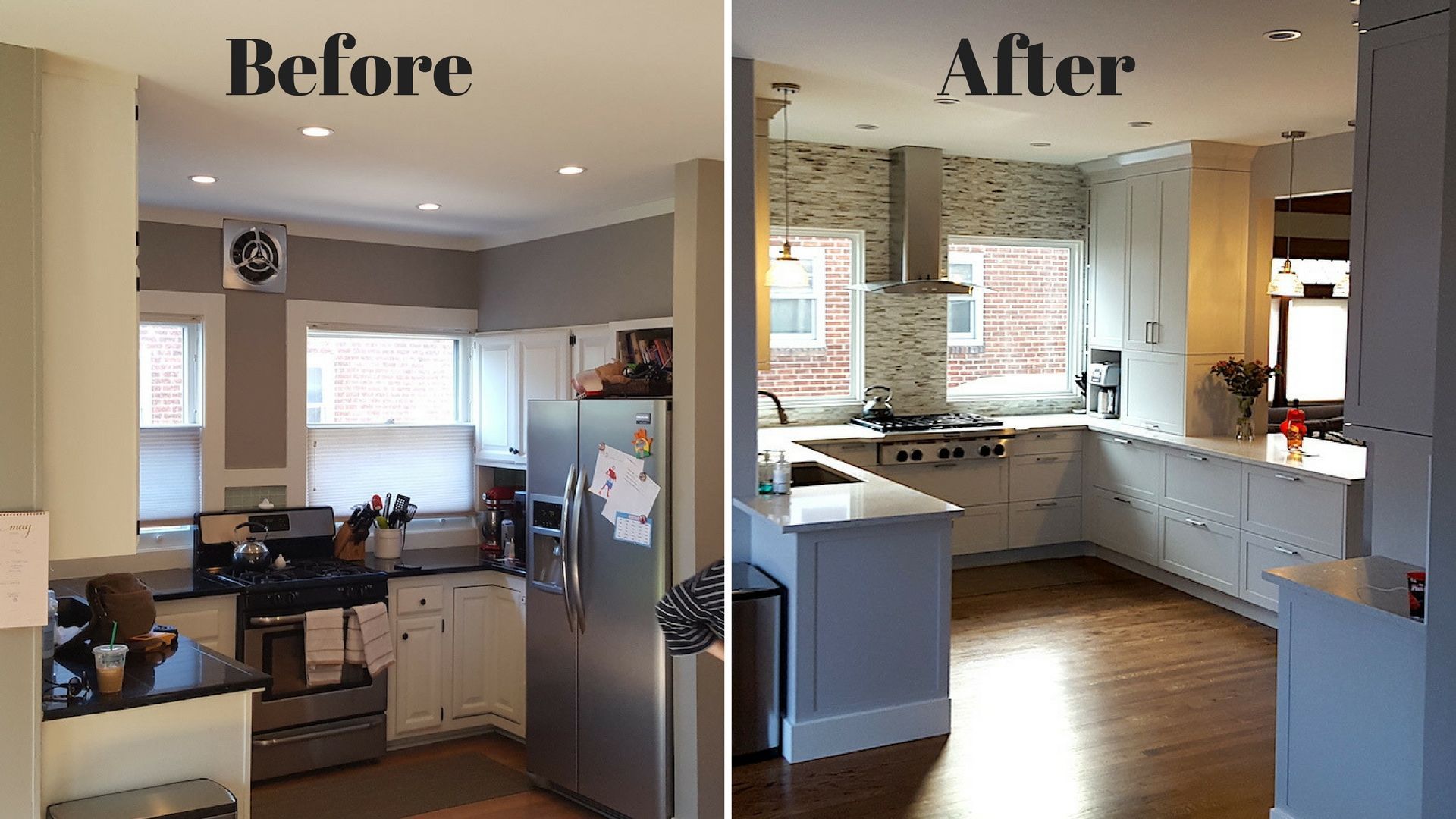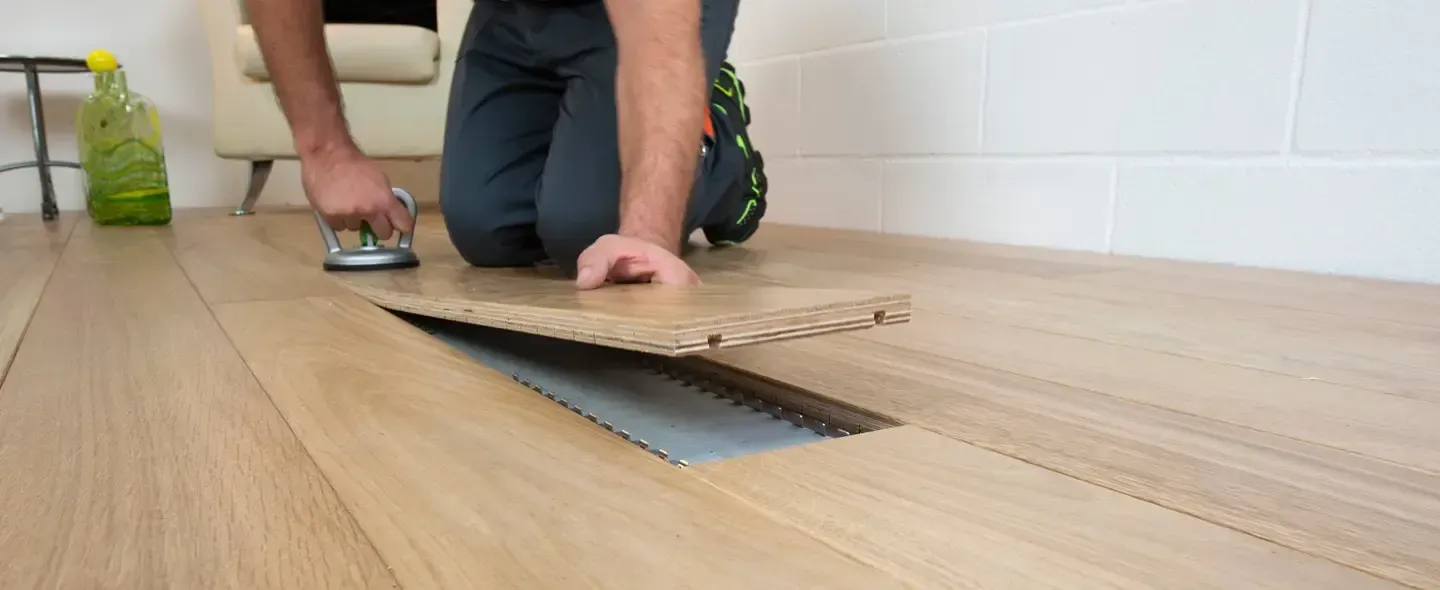Hiring the Right Renovation Contractor: A Guide to Ensuring Your Project Runs Smoothly
Renovating your home is an exciting yet challenging endeavor. Whether you're upgrading your kitchen, adding a new bathroom, or transforming your living room, the success of your renovation largely depends on hiring the right contractor. The wrong contractor can lead to delays, inflated costs, poor workmanship, and unnecessary stress. But with the right contractor, you can turn your vision into reality and enjoy a seamless renovation experience.
Here’s a comprehensive guide to help you navigate the process of hiring the perfect renovation contractor for your project.
1. Define Your Project Clearly
Before you start contacting contractors, you need to have a clear idea of what you want. The more specific you are about your renovation goals, the easier it will be to find a contractor who specializes in your type of project. Whether it's a kitchen remodel, bathroom upgrade, or a full home renovation, make sure you have detailed plans, including any specific materials, finishes, and designs you want. This will help potential contractors provide you with an accurate estimate.
Tip:
If you don’t have detailed plans, consider hiring a designer or architect before reaching out to contractors. This step can save time and help prevent costly miscommunications later on.
2. Do Your Research
Finding a reliable renovation contractor starts with thorough research. Start by asking friends, family, and neighbors for recommendations. Word of mouth is a great way to find trustworthy contractors who have proven themselves in the local area.
You can also check online platforms, such as Google reviews, Yelp, or Angie's List, to find reviews and ratings. Take the time to read both the positive and negative reviews to get a balanced perspective on the contractor’s work.
Make sure to shortlist at least three contractors to compare quotes and assess their suitability for your project.
3. Verify Credentials and Experience
Once you’ve narrowed down your list of contractors, it’s essential to verify their credentials. A qualified contractor should have the following:
- License: Ensure the contractor is licensed and registered with the appropriate authorities in your area. This not only guarantees they meet the legal requirements but also shows they have the necessary expertise.
- Insurance: The contractor should carry insurance to cover accidents, damages, and worker injuries that could occur on your property. Request proof of insurance before you move forward.
- Experience: Ask the contractor about their experience with projects similar to yours. A contractor with extensive experience in your type of renovation will have a better understanding of potential challenges and how to overcome them.
4. Request and Review References
Ask each contractor for a list of references from previous clients, preferably those who had projects similar to yours. Speaking to past clients will give you insight into the contractor’s work quality, punctuality, communication skills, and overall professionalism. You can also ask to see photos of completed projects to get a sense of their style and quality of work.
5. Get Multiple Estimates
Obtain detailed, written estimates from at least three contractors. While price is an important factor, it shouldn’t be the only one you consider. Look at the overall scope of the project, the materials they plan to use, and the timeline they propose. Don’t automatically choose the cheapest contractor—sometimes a lower price can indicate lower-quality materials or cutting corners in terms of labor.
It’s essential to understand what is included in the quote (labor, materials, permits, etc.) and whether there are any hidden fees or costs that could arise later on.
6. Ask the Right Questions
Once you have estimates in hand, schedule a meeting with each contractor to discuss the project in more detail. Here are some important questions to ask:
- What is your projected timeline for this project?
- What happens if the project is delayed or costs go over budget?
- Who will be working on the project? Are subcontractors involved?
- What is your payment schedule?
- How will we handle changes or additions to the scope during the renovation?
- Can you provide a written contract that outlines the project details, payment terms, and timeline?
These questions will help you gauge the contractor’s experience, transparency, and professionalism. Be wary of contractors who avoid giving direct answers or refuse to put agreements in writing.
7. Trust Your Instincts
At the end of the day, you want to work with someone you feel comfortable with and trust. A renovation project often involves a lot of communication and collaboration, so choosing a contractor who is easy to work with is essential.
If something feels off—whether it’s the contractor’s attitude, communication style, or the quality of their references—it’s okay to walk away and keep looking for a better fit.
8. Review the Contract Carefully
Before you sign any agreement, ensure the contract is detailed and includes all important aspects of the project. Key elements to look for in the contract include:
- Scope of Work: A clear description of the work to be completed, including timelines, materials, and any milestones.
- Payment Schedule: An outline of the total cost, with a payment structure that ensures you don’t pay for everything upfront.
- Permits and Approvals: Who is responsible for obtaining any necessary permits or approvals.
- Warranty: What kind of warranty or guarantee is offered on the work and materials used.
Never sign a contract with vague language or without understanding all the terms. If in doubt, consult with a legal professional or someone experienced in construction contracts.
9. Maintain Communication Throughout the Project
Once the renovation begins, keep the lines of communication open with your contractor. Schedule regular check-ins to monitor progress and address any concerns before they become bigger issues. Be proactive, but also flexible. Renovations often come with unexpected challenges, and how the contractor handles these will give you an idea of their problem-solving abilities.
10. Final Walkthrough and Payment
When the project is completed, conduct a final walkthrough with the contractor to ensure all aspects of the renovation meet your expectations. Make sure everything is finished to your satisfaction before making the final payment. It’s also a good idea to get a written release from the contractor indicating that all work has been completed and that they’ve been paid in full.
Conclusion
Hiring the right renovation contractor is crucial to the success of your project. By doing your research, asking the right questions, and trusting your instincts, you can find a contractor who will help bring your vision to life. A well-executed renovation not only increases the value of your home but also enhances your living experience. Take your time in choosing the right partner—your dream home renovation is worth it!
Have you recently renovated your home? Share your tips for finding a great contractor in the comments below








